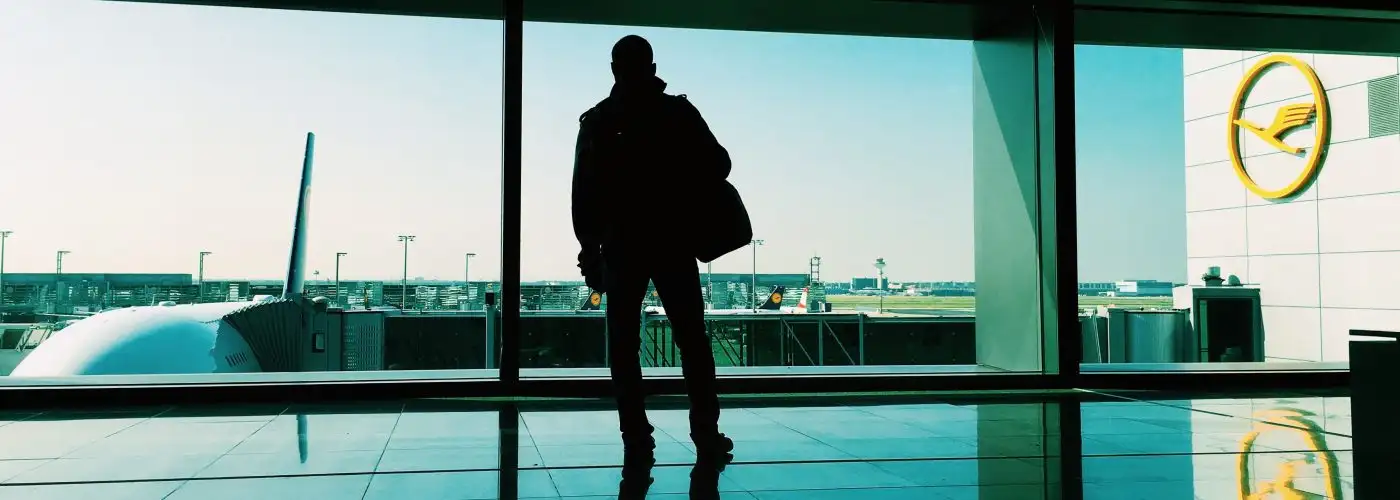Those plans to extend the current laptop ban to more flights to the U.S.? For the time being, they’re off the table.
Following yesterday’s phone conference between Department of Homeland Security Secretary John Kelly and two of his European counterparts, European Home Affairs Commissioner Dimitris Avramopoulos and Transport Commissioner Violeta Bulc, the DHS issued a news release recapping the conversation and confirming the joint decision to allow the existing ban to continue as is.
That will come as a relief to the current ban’s many critics, who have argued that it’s unnecessary and ineffective, and that expanding it would be foolish. That relief may be short-lived, however, as the DHS statement left open the possibility of revising the ban’s parameters in the future.
Finally, while a much-discussed expansion of the ban on large electronic devices in the cabin on flights to the United States was not announced today, the Secretary made it clear that the expansion is still on the table. Secretary Kelly affirmed he will implement any and all measures necessary to secure commercial aircraft flying to the United States — including prohibiting large electronic devices from the passenger cabin — if the intelligence and threat level warrant it.
As things stand today, the ban applies to electronic devices larger than smartphones on nonstop flights to the U.S. from airports in Egypt, Jordan, Kuwait, Morocco, Qatar, Turkey, Saudi Arabia, and the United Arab Emirates, and to nonstops from Egypt, Tunisia, Jordan, Lebanon, Turkey, and Saudi Arabia to the U.K.
As have other critics of the ban, the International Air Transport Association has argued not just that it’s unnecessary and ineffective, but also that it’s harmful to travelers, the travel industry, and the economy at large. In a letter to the DHS’s Kelly, IATA recommended the following measures to shore up security, without resorting to an all-out ban:
- Use Explosive Trace Detection technology at airport checkpoints
- Increase scrutiny of electronic devices, including trace analysis
- Deploy behavioral threat officers and dogs at airports
- Increase reliance on trusted-traveler programs
- Better training of screeners
While the latest DHS statement didn’t mention the IATA recommendations specifically, it made reference to “the need to raise the bar for aviation security globally, including through a range of potential seen and unseen enhancements.” That sounds very much like the direction advocated by IATA.
Reader Reality Check
Is the laptop ban making travel more secure, or just more unpleasant?
More from SmarterTravel:
- Is This the Solution to the Right-to-Recline Debate?
- The Rich and Famous Get Their Own Terminal at LAX
- Survey: Southwest Is Best for Frequent-Flyer Awards
After 20 years working in the travel industry, and 15 years writing about it, Tim Winship knows a thing or two about travel. Follow him on Twitter @twinship.
We hand-pick everything we recommend and select items through testing and reviews. Some products are sent to us free of charge with no incentive to offer a favorable review. We offer our unbiased opinions and do not accept compensation to review products. All items are in stock and prices are accurate at the time of publication. If you buy something through our links, we may earn a commission.
Related
Top Fares From
Today's Top Travel Deals
Brought to you by ShermansTravel
Greece: 9-Night Vacation, Incl. Meteora &...
Exoticca
 vacation
$2099+
vacation
$2099+
New Year Sale: Luxe, 9-Nt Alaska...
Oceania Cruises
 cruise
$3599+
cruise
$3599+
Ohio: Daily Car Rentals from Cincinnati
85OFF.com
 Car Rental
$19+
Car Rental
$19+




